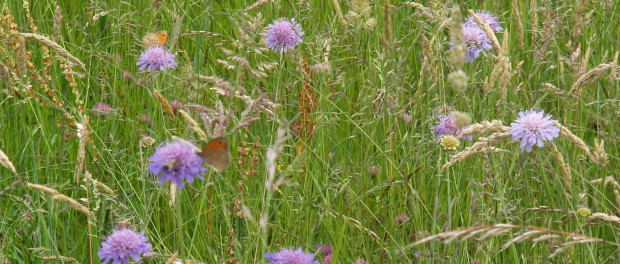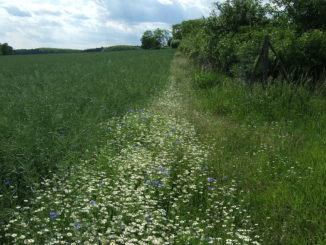
According to the EU Commission, a first set of specific actions towards CAP simplification have been announced by Commissioner Phil Hogan, on issues related to the guidelines for Direct Payments this year.
Hogan explained: “Some of the proposals which concern direct payments do not require changing the legislative rules, but can be implemented at the level of our current guidelines, and applicable already this year. I intend to follow-up on these proposals by making 6 concrete changes which should facilitate the lives of farmers and national administrations.”
These six changes proposed relate to the EFA-layer (Ecological Focus Area), adjacent EFAs, the LPIS (Land Parcel Identification system) and compensation of EFAs in case of wrong declaration. More specifically, the Commission intends:
- to accept that Member States, that so wish, only need to map declared EFAs;
- to allow flexibility as regards the identification of EFA’s in the EFA-layer (concerns hedges or wooded strips and trees in line);
- to allow hedges or wooded strips with gaps up to 4 metres;
- as regards the implementation of adjacent EFA, in duly justified cases, to accept a limited buffer between the boundary and the EFA for the Member States which wish so;
- to accept a simplified approach as regards the identification of some specific types of permanent grassland in the LPIS;
- to allow that a missing EFA may be compensated by another EFA, even if this EFA has not been declared.
The Council of Ministers too, have been busy pushing the simplification agenda: Ministers “held a policy debate on CAP simplification during a meeting of the Agriculture and Fisheries Council on 16 March 2015. In the debate, ministers discussed issues relating to the recently implemented CAP reform and identified priority areas for simplification. The most important issues highlighted were the ‘greening’ measures and controls. (emphasis in original).
On May 5th the Council stated “flexibility should be applied, consistent with the legal framework, as regards the first year of CAP implementation”. Again, greening in general and EFAs in particular are highlighted as “short- and medium- term priorities”.
Many Environmental NGOs are worried. According to Angelo Caserta (BirdLife Europe and the European Environmental Bureau (EEB) “in the name of flexibility and subsidiarity, member states asked for derogations and exemptions, leading to a complex policy that is unlikely to deliver on the ground. The very same actors who created this complexity are now begging for simplification, even before policies have started to be properly implemented. One can wonder whether these demands are made in good faith or whether the actual goal is to continue dismantling what little is left in the CAP’s empty green shell.”
ARC2020 have criticised so called simplification recently, in a detailed expose on the array of demands for exceptions, tolerances and deferrals. In particular, The Great CAP Simplification Scam revels the process of watering down EFAs in the months leading up to the final co-called CAP reform – the main focus of simplification – was outlined.
The Great CAP Simplification Scam also outlines how and why this policy of rolling back the few improvements which have actually survived the farce of so called CAP Reform would cause citizens to loose even more faith in CAP.
Mainstream agri-business lobby COPA are of course happy that greening is being targeted. And incredibly, many such as the UK’s NFU suggest this simplification plan does not go far enough. Supposedly, it “lack’s ambition”…”The NFU continues to call for specific changes to the rules to foresee greater tolerances in cases where farmers are close to fulfilling the new requirements, but unfortunately fall short.”
Towards the end of 2015, the Commission is expected to make a presentation at the Council on simplification.
Simplification. An attractive word with pernicious undertones for rural Europe and its environment.
More
Arc2020’s Pillar 1 Member State choices






1 Trackback / Pingback
Comments are closed.